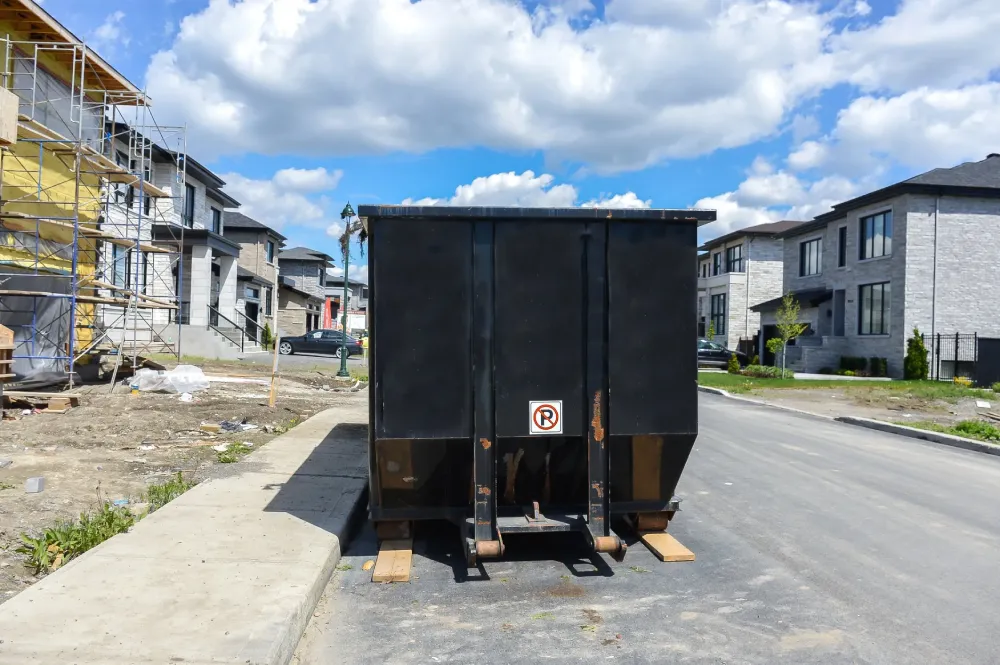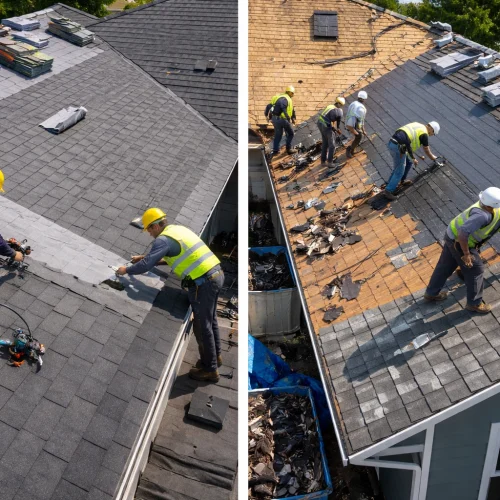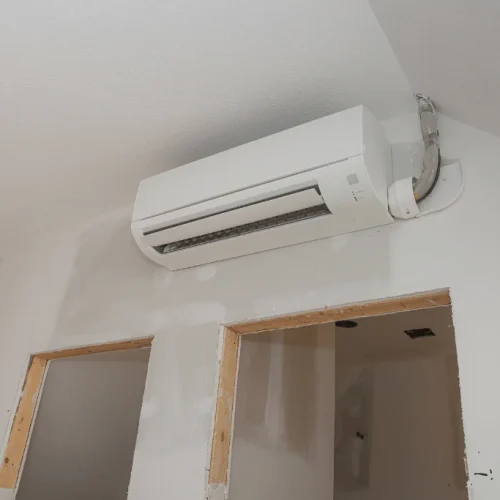
When it comes to handling large amounts of waste, not all dumpster rentals are the same. Whether you’re a homeowner tackling a renovation project or a business managing ongoing waste disposal, choosing the right type of dumpster can make all the difference. Two of the most common options are residential dumpster rentals and commercial dumpster rentals. While they may look similar at first glance, their design, size, and intended use are quite different.
What Are Residential Dumpster Rentals?
Residential dumpster rentals are designed for homeowners and smaller-scale projects. They’re the kind of roll-off containers you often see delivered to driveways during a home cleanout or remodeling job. These dumpsters are temporary solutions—brought to your location, filled up during the course of your project, and hauled away once you’re done.
Typical uses for residential dumpster rentals include:
- Home renovation projects (kitchen, bathroom, or basement remodels)
- Spring cleaning or whole-house decluttering
- Garage, attic, or shed cleanouts
- Yard waste removal after landscaping projects or storm damage
- Small demolition jobs, like tearing down a deck or shed
Residential dumpsters are usually available in smaller sizes, ranging anywhere from 10-yard to 20-yard containers. These sizes are more manageable for driveways and residential streets, while still offering plenty of room for bulky household items and construction debris.
What Are Commercial Dumpster Rentals?
On the other hand, commercial dumpster rentals are typically larger and designed for businesses or organizations that generate waste on a recurring basis. Instead of being delivered for temporary use, they are often placed permanently at commercial properties, such as restaurants, retail stores, apartment complexes, or offices.
Commercial dumpsters tend to be front-load containers, meaning they are emptied on a set schedule by a waste management truck. Their purpose is to provide ongoing waste management rather than temporary disposal for a one-time project.
Key Differences Between Residential and Commercial Dumpster Rentals
- Duration of Use
- Residential dumpsters are temporary, rented for a week or two at a time.
- Commercial dumpsters are long-term or permanent solutions with scheduled pickups.
- Size and Capacity
- Residential dumpsters are smaller (10–20 yards), making them ideal for households.
- Commercial dumpsters are larger (2–8 cubic yards for front-load containers, or even 30–40 yards for major businesses).
- Type of Waste
- Residential rentals usually handle household debris, furniture, yard waste, and small amounts of construction material.
- Commercial rentals handle day-to-day business waste, such as packaging, food scraps, or materials from large-scale operations.
- Placement
- Residential dumpsters are often placed in driveways or on private property.
- Commercial dumpsters typically have a designated spot behind a building or in a commercial lot.
Choosing the Right Dumpster Rental
The decision between residential and commercial dumpster rentals depends on the type of project or property you’re managing. For a one-time cleanup, renovation, or landscaping project, residential dumpster rentals are usually the best fit. They’re convenient, flexible, and sized appropriately for household needs. Businesses, on the other hand, will benefit more from the reliability and consistency of a commercial dumpster with routine service.
In short: Residential dumpster rentals are perfect for homeowners needing a temporary way to handle debris, while commercial dumpster rentals are built for ongoing waste management at business properties. Understanding the difference ensures you choose the most effective, cost-efficient solution for your situation.













